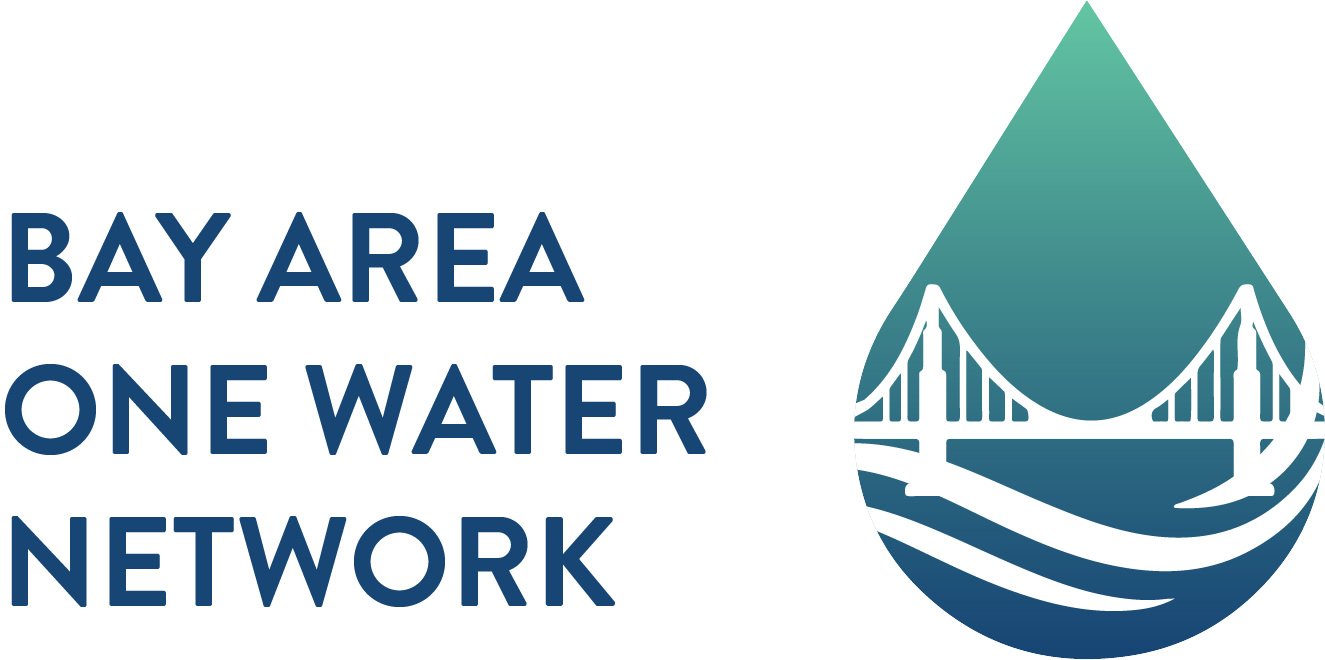Workshop on equitably advancing water conservation in the San Francisco Bay Area
In summer 2022, the Bay Area One Water Network is pleased to host a workshop on equitably advancing water conservation in the Bay Area.
Water conservation is one of the keys to stretching water supplies and improving water system resilience to climate change in the San Francisco Bay Area. Great strides in water conservation have been made over the past few decades, and there are more opportunities for improving water use efficiency, repairing leaks, and reducing water use indoors and outdoors. But even as we pursue water conservation, we must ensure that it does not result in unintended consequences.
One concern is closely tied to the Bay Area’s low-income families and marginalized communities. Indoor water conservation can have cascading impacts on wastewater conveyance and treatment systems, the brunt of which will be felt by low-lying communities and neighborhoods near wastewater treatment plants. Without strategic planning, outdoor water conservation also can make it difficult to sustain and expand tree canopy cover and green space, which is particularly important in urban neighborhoods that will suffer the most heat impacts as temperatures rise.
Water conservation can also have unintended consequences on water quality. It can impact water quality by increasing residence times for water in distribution systems, resulting in enhanced corrosion, loss of disinfection residuals and formation of disinfection byproducts. The more concentrated wastewater flowing into sewage treatment plants also can make it more challenging for utilities to meet discharge requirements or to meet requirements for water reuse.
Finally, conservation could raise the overall cost of providing water services. If these costs are directly passed onto rate payers, they could place additional stress on low-income communities. In addition to increasing operating costs of existing systems, failure to achieve conservation goals could result in higher costs through new spending on imported water or capital-intensive alternative water supplies (like desalination).
Workshop participants will characterize the opportunities for and barriers to continued water conservation in the Bay Area, as well as identify equity concerns, pinpoint supportive technologies or policies, and develop approaches for ensuring conservation doesn’t result in poor outcomes for marginalized communities or place undue burdens on low-income households who may already be up against the limits of what is affordable.
Stay tuned for the synthesis report!
